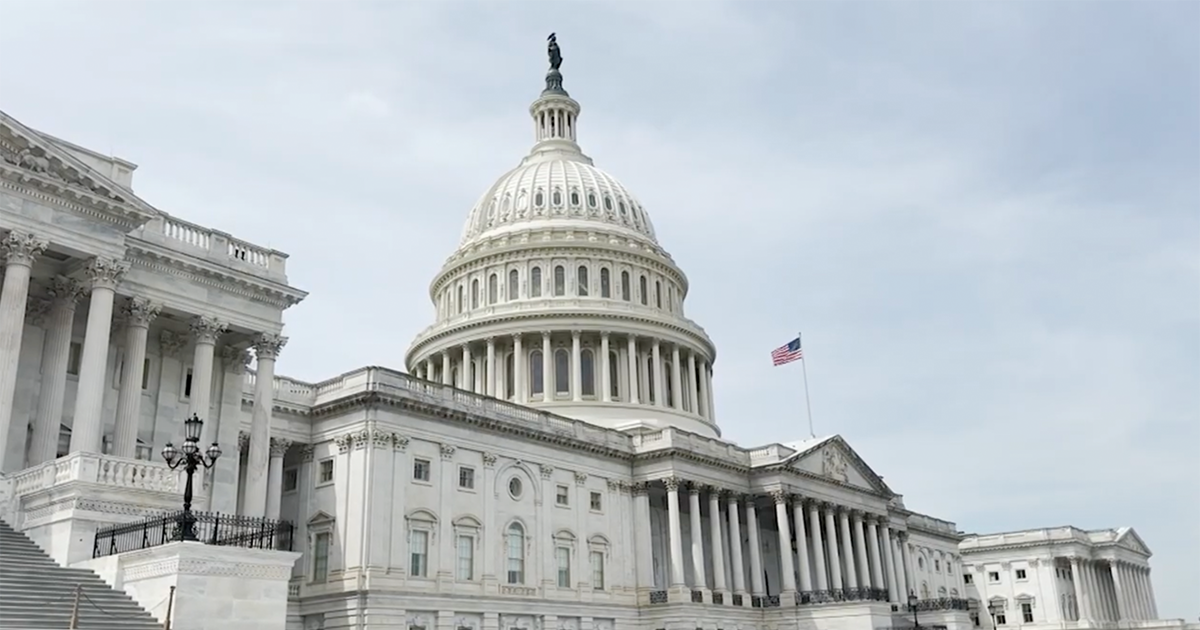https://www.youtube.com/watch?v=xoFUVRPtK60
Washington D.C. |
Home to world class museums, breath taking monuments and some of the most powerful people in the world, Washington DC serves at the backdrop for those looking to affect change. That’s why every year, GFB county presidents make their way up to the nation’s capital to voice their concerns with lawmakers.
“These thirty that came up here, talking face to face with the federal elected people not only back up our policy people that work every day for our farmers back home, but they’re also helping take care of the farmers that we represent as Farm Bureau all over the state,” says Tom McCall, President of Georgia Farm Bureau.
“Without trips like this, the President’s trips, and our Young Farmers trips, it kind of causes a bit of a chasm between what our members in Congress hear and what is actually being felt. So, the more times we can get our real farmers and ranchers in front of them and let them kind of tell them what the effects of certain policies and rulings are, that better allows members of Congress to implement better policy,” says Ben Parker, National Affairs Coordinator for GFB.
With the margins now tighter than ever around the farm, there were a number of topics to discuss with legislators. And on the forefront of those was the passage of a new Farm Bill.
“Right now with the farm bill, we’re kind of in a deadlock between House and Senate. We have slim majorities in both. There hasn’t been a lot of movement this congress, but we believe that the House will be moving shortly on introducing a bill,” says Joe Gilson, Director of Government Affairs for American Farm Bureau Federation.
That is just one of many priority issues brought up in the meetings with members of the House and Senator John Ossoff, which is why having such diverse representation on this trip is so vital.
“Some of them may not know what’s going on. There’s a lot of issues that pop up; everything from the dicamba ban that affects soybean and cotton producers so much with pigweed problems, to some of these late freezes that may hit some of our farmers and producers need some disaster assistance. We have a varied group of people from muscadine growers, to cotton farmers, to soybean farmers, to animals, to horses, to calves, dairy, beef cows all up here that can explain the hands-on reason that we need some policy done,” says McCall.
However, this is just a small representation of Georgia agriculture, which is why each and every farmer around the state is encouraged to reach out to their state and national officials voicing their concerns.
“It’s effective through quality and quantity. So, if you have an office that’s getting hit up with certain issues, they’re going to start taking notice of that. The more that you can get in their ear, it’s an old expression but the squeaking wheel gets the oil. So, the more loud and effective we are in our messaging, the better our results are going to be and the more that we can do to impact agriculture in a beneficial way,” says Parker.
By: Damon Jones

